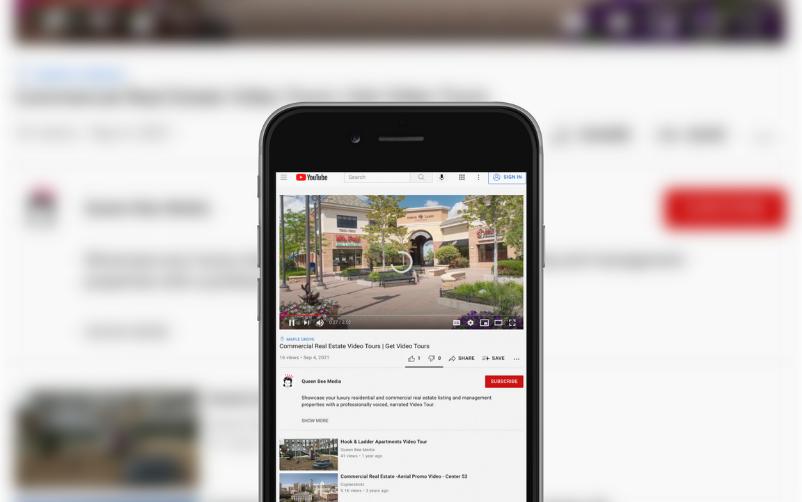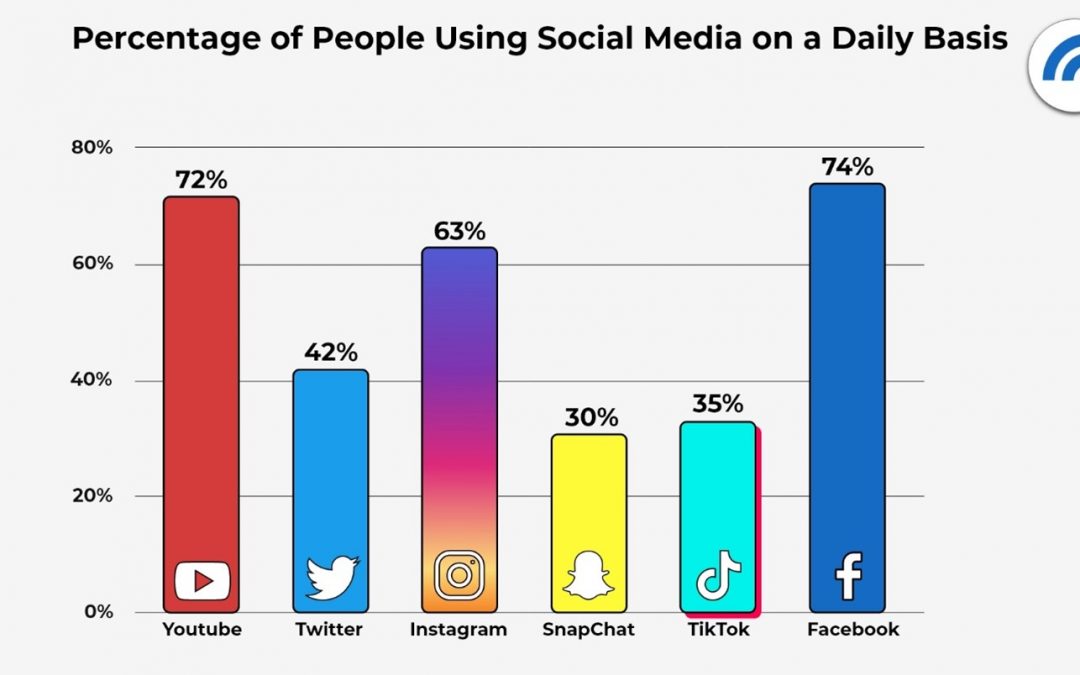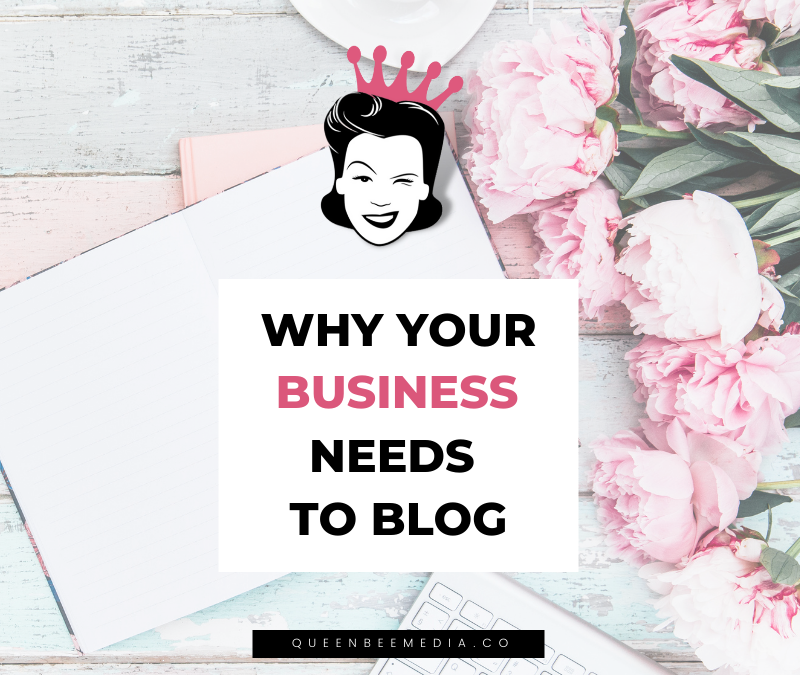
Add a Voice to your Real Estate Listings
Our Video Tours allows you to add a voice to your real estate listings.
Video is one of the most powerful tools available to real estate agents when it comes to marketing listings. Video doesn’t just give more information about your properties, it can help set you apart from other agents in your market and better connect with prospective clients. Our Video Tours are a chance for you to be creative while also delivering value to your audience.
Did you know that property listings with video receive 403% more interest than those without? 85 percent of purchasers and sellers want to deal with an agent who uses video in their marketing. Our Real Estate Video Tours are the perfect solution for your property. Video Tours for Real Estate let you highlight the real estate property’s finest features or convey any necessary information. Our Video Tours also include elements that make the neighborhood desirable to purchasers.
Always make sure your viewers are fully immersed. Attract their attention and provide them with video.
Video tours for real estate also offer the advantage of not having to make several different advertisements. Video Tours provide viewers with an experience that they can’t get from other media.
As you know, Video is a powerful medium and it’s taking over in many ways. Video just seems natural in a world where we have Youtube, Netflix etc… Video helps.
Online activity is higher for listings with video tours. More buyers are making offers without ever visiting a home or building in person. Buyers want video tours as the standard for home purchases online.
Video marketing is now a reality, so it’s time to raise the bar. Here are some video statistics to get you thinking.
-
61% of marketers see video as a & very important or extremely important part of their marketing strategy. Source: Biteable
-
30% of marketers see video as a more important part of their strategy than their website. Source: Biteable
-
YouTube has the best ROI for video content (35%), followed by Facebook (26%) and Instagram (18%). Source: Biteable
Video is here to stay. Even Mark Zuckerberg believes video is a critical part of our future. The sheer volume of video content online is growing exponentially. Don’t fall behind the competition. It’s time to raise your game, because it’s all a game anyhow. Let’s have a look at some video tours right now.
Want new articles before they get published?
Subscribe to our Newsletter.














